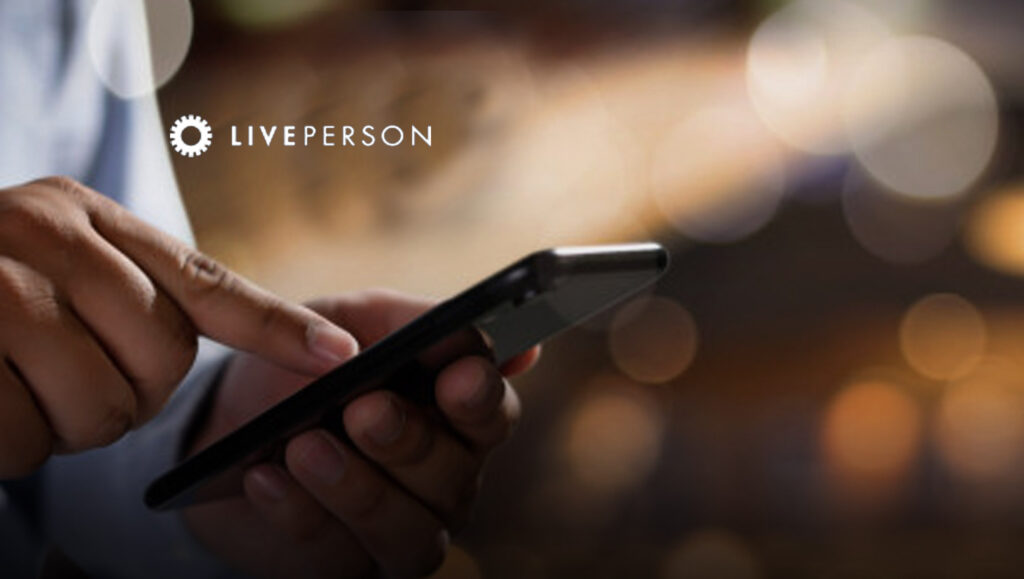LivePerson, a global leader in conversational solutions, announced the findings of its survey, The Impact of COVID-19 on Customer Care Response and Remote Work, examining various aspects of consumer sentiment around how brands responded to the COVID-19 pandemic and how employers implemented remote working.
The April 2020 survey included more than 5,500 respondents from the United States, United Kingdom, France, Germany, Australia, and Israel and showed that many industries were not equipped to handle the dramatic increase in customer care inquiries.
Read More: Conexiom Reports Record Performance, New Leadership To Drive Growth
Survey Highlights
Consumers worldwide report difficulty reaching brands via phone during pandemic.
68% of consumers reported feeling frustrated over their inability to reach a company when needed, with 20% saying some brands they tried to contact were completely unreachable.
Worldwide, long hold times on the phone (experienced by 76% of respondents) were identified as the number one challenge preventing consumers from getting in touch with brands as the crisis hit. Further, 29% reported they were never able to make contact over the phone. 89% of the group reporting long hold times faced waits of over an hour, with 15% reporting waits of over two hours.
Consumers are rethinking how they want to communicate with brands.
Brands that do implement new customer service technologies like conversational commerce — which enables customers to communicate with brands to ask questions, make purchases, and get help using their preferred messaging service — will likely find a receptive audience. More than half (51%) of respondents said COVID-19 changed how they will think about ways to communicate with companies in the future.
Just 37% of consumers said that the companies they were unable to reach provided a chat or messaging option. Almost half of respondents worldwide (45%) say the implementation of messaging and chat would have helped answer their questions and reduce their anxiety.
Read More: Brick-And-Mortar Brands Must Adapt More To Survive COVID-19





















